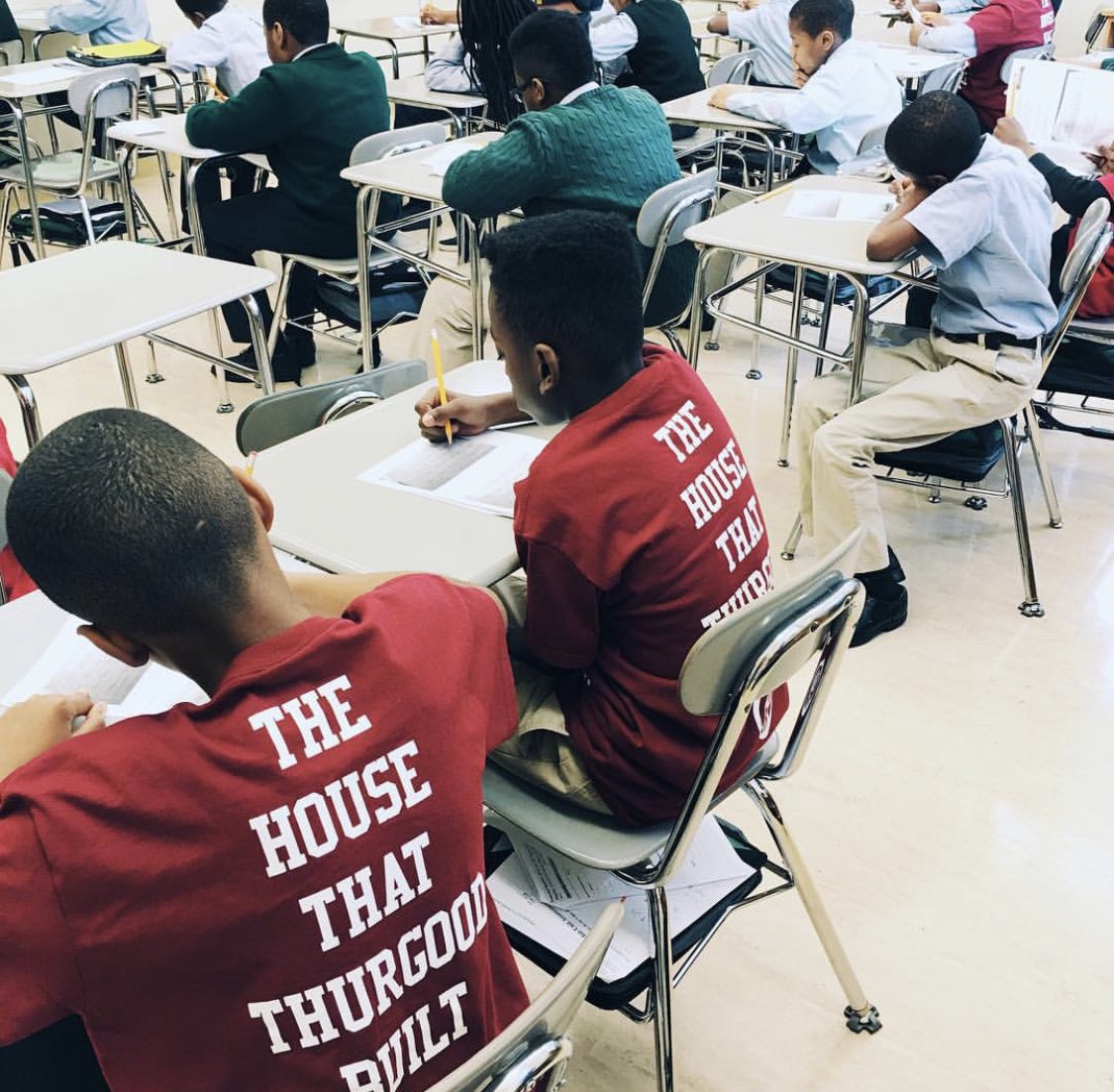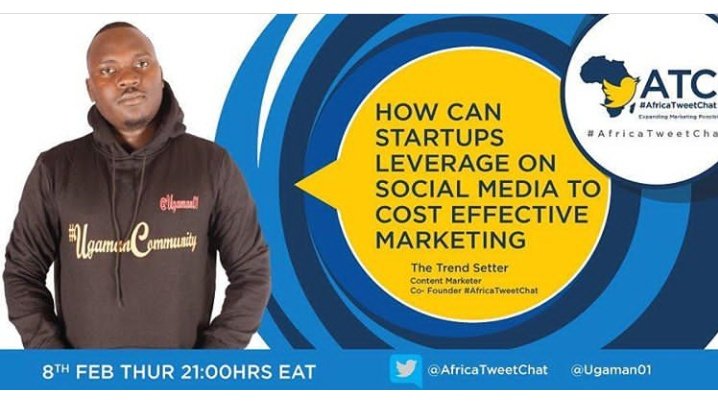So you’re doing a story about #Neurodiversity, or you want to know more about the Neurodiversity Movement. We’re here to help.
First, It’s useful to know what the terms “neurodiversity” and “neurodiversity movement” mean.
thinkingautismguide.com/p/so-youre-doi…
The #Neurodiversity Movement is about supporting neurodivergent people’s rights and value as human beings.
No! #Neurodiversity is the idea that people matter and have rights, regardless of how their brains work.
The Neurodiversity Movement, however, is mostly led by #autistic people and does tend to be #autism-focused.
No! #Autism is specifically a developmental disability. Neurodiversity advocates usually identify as being disabled, as well as with the wider disability community.
NO! There is no such thing as neurodiversity without ppl with intellectual disabilities.
NO! You can’t tell anything about a person’s abilities or disabilities by whether or not they can put words on a screen.
NO! Advocates who say things that sound like this are talking about problems with functioning labels, not denying intensive disabilities.
NO! This is an intentionally misleading argument by parents who want to appropriate federal HCBS funds that have been earmarked to help disabled people live in the community.
NO! #Neurodiversity doesn’t mean denying intellectual disability/communication disabilities. It means honoring all forms of communication & agency.
NO! #Neurodiversity advocates support services, therapies, & research are genuinely dedicated to improving #autistic people’s well-being, such as GI issues, communication, sleep issues, epilepsy, & anxiety.
NO! Not everyone can do everything by themselves, & that’s okay! In fact, all people are interdependent on one another to some degree.
NO! This is like saying feminism excludes Anne Coulter. ND advocates fight for the rights of all neurodivergent ppl, just like feminists continue to fight for Coulter's rights.
HELL NO! Understanding that people’s brains work differently is the core of #neurodiversity, but blaming harmful actions on neurodivergence is unacceptable.
NOPE! #Neurodiversity advocates want all ND community members treated with compassion & respect.
tinyurl.com/Neurodiversity…










